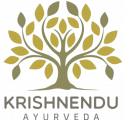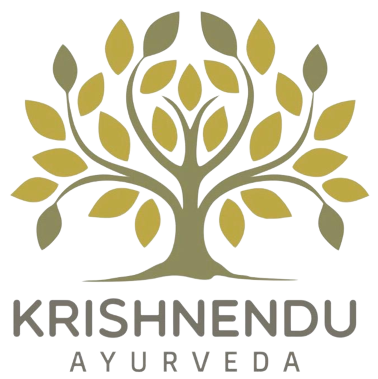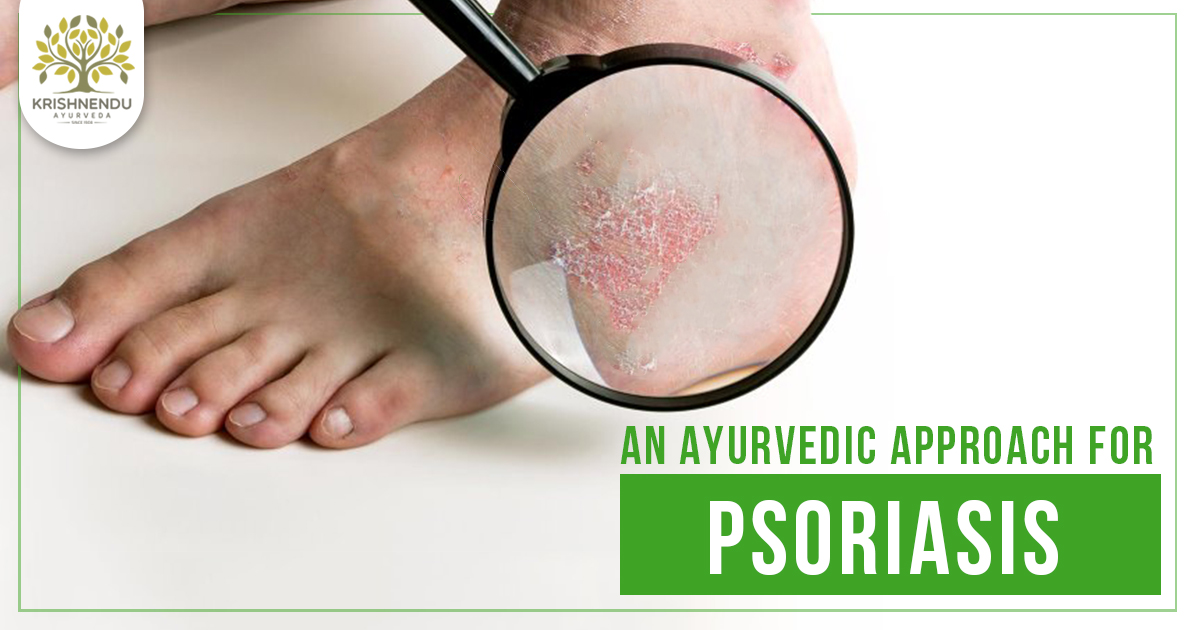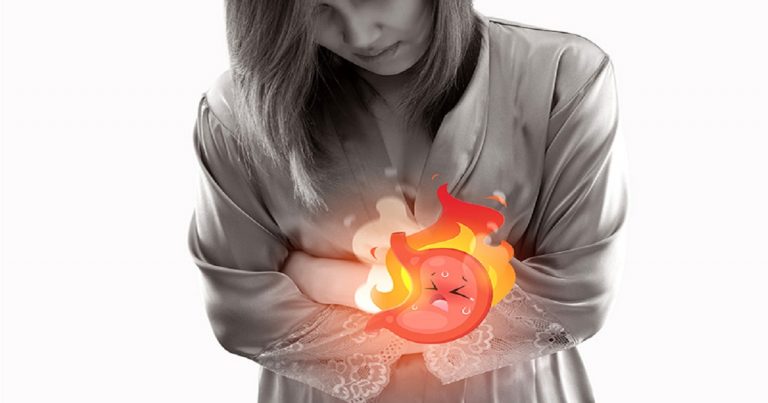Psoriasis is a common skin condition that causes rapid skin cell reproduction which results in dry, red patches of thickened skin. It is a non-contagious skin disease that results in dry scales and is thought to be caused due to the rapid buildup of skin cells. According to Ayurveda, the major cause of the energy imbalance that leads to psoriasis is diet and food. The energy, Vata and Kapha, control bodily function and growth respectively, can be imbalanced due to unhealthy food habits, wrong food combination, toxins or Doshi vistas ( accumulated in the digestive tract) and leads to psoriasis.
A person suffering from psoriasis experience itching and burning, reddening, and thickening of the skin, and development of silver-colored scales. Severe symptoms include severe shedding of the skin in the affected area and blistering. Also, it could differ for each type of psoriasis which includes plaque psoriasis, scalp psoriasis, nail psoriasis, guttate psoriasis, and inverse psoriasis.
Ayurvedic perspective of Psoriasis
The factors that cause psoriasis, according to Ayurveda, are plenty and the major one is heredity. It is said that there are 15% chances for a child to suffer from psoriasis if any one of the parents is affected by the condition. If both the parents are affected, then the possibility for the child to be affected by it is 60%.
A person’s food habits such as increased intake of salty food, bakery products, spicy food, junk food and fast food, refrigerated or cool food, etc. contribute to psoriasis condition. A sedentary lifestyle, excessive mental pressure, stress, and unhealthy eating are also crucial factors.
The major step towards treating psoriasis in Ayurveda is to regain the lost balance by detoxifying the body through Panchakarma treatments, especially medicated Enema, Virechana, and Vamana. Doing Shirodhara with medicated oils on the scalp would be beneficial for those suffering from scalp psoriasis. Lifestyle management, stress management, diet management, counseling and inclusion of yoga asanas are also a part of the treatment process.
The schedule for treatment comprises of
– internal medicines such as herbal decoctions and medicated ghee is consumed, depending on the type of dosha of the affected person.
– detoxification through Vamana (vomiting) and Virechana (purgation).
– Thakra Dahara or the process of dripping medicated buttermilk overhead.
– Basthi or medicated Enemas are done for stipulated days.
– a strict diet that supports the treatment process is also prescribed.
Home remedies to manage psoriasis
- Apply fresh cabbage leaves over the affected area of skin. It is one of the most effective home remedies to manage the condition.
- Drink 1/2 cup of fresh cabbage juice daily to ensure quick recovery from psoriasis.
- Boil four marigold flower heads in four cups of water. Allow it to cool and then apply on affected areas of the skin.
- Take a handful of fresh jasmine flowers and grind them. Apply it on the affected parts.
- Powder some almonds and boil it thoroughly in water to make a paste. Apply this mixture on the affected parts and wash it off the next morning with water.
- Olive oil can be applied topically for a soothing effect.
- Taking a lukewarm bath using mineral oil, milk or olive oil gives relief from itching.





